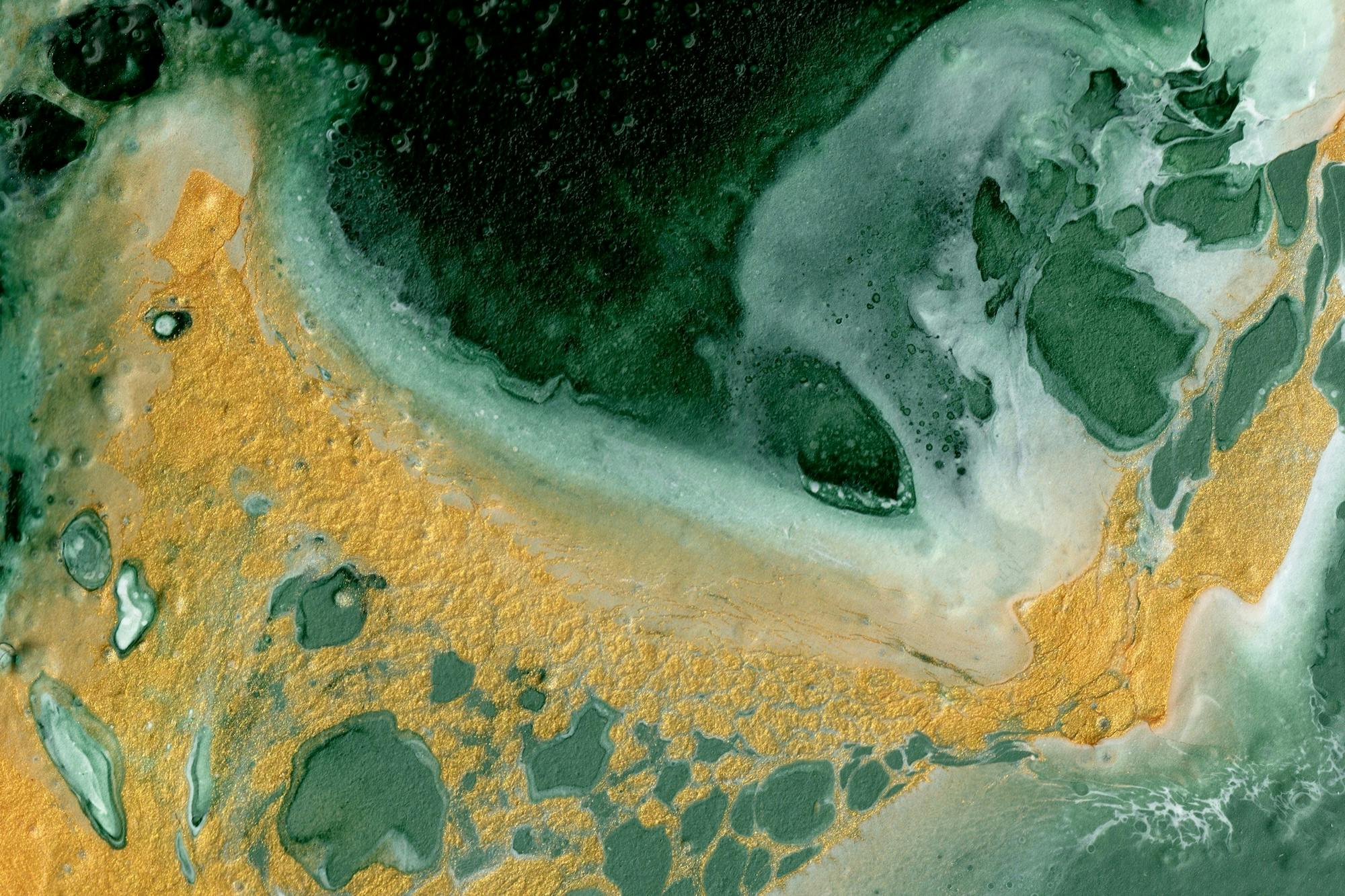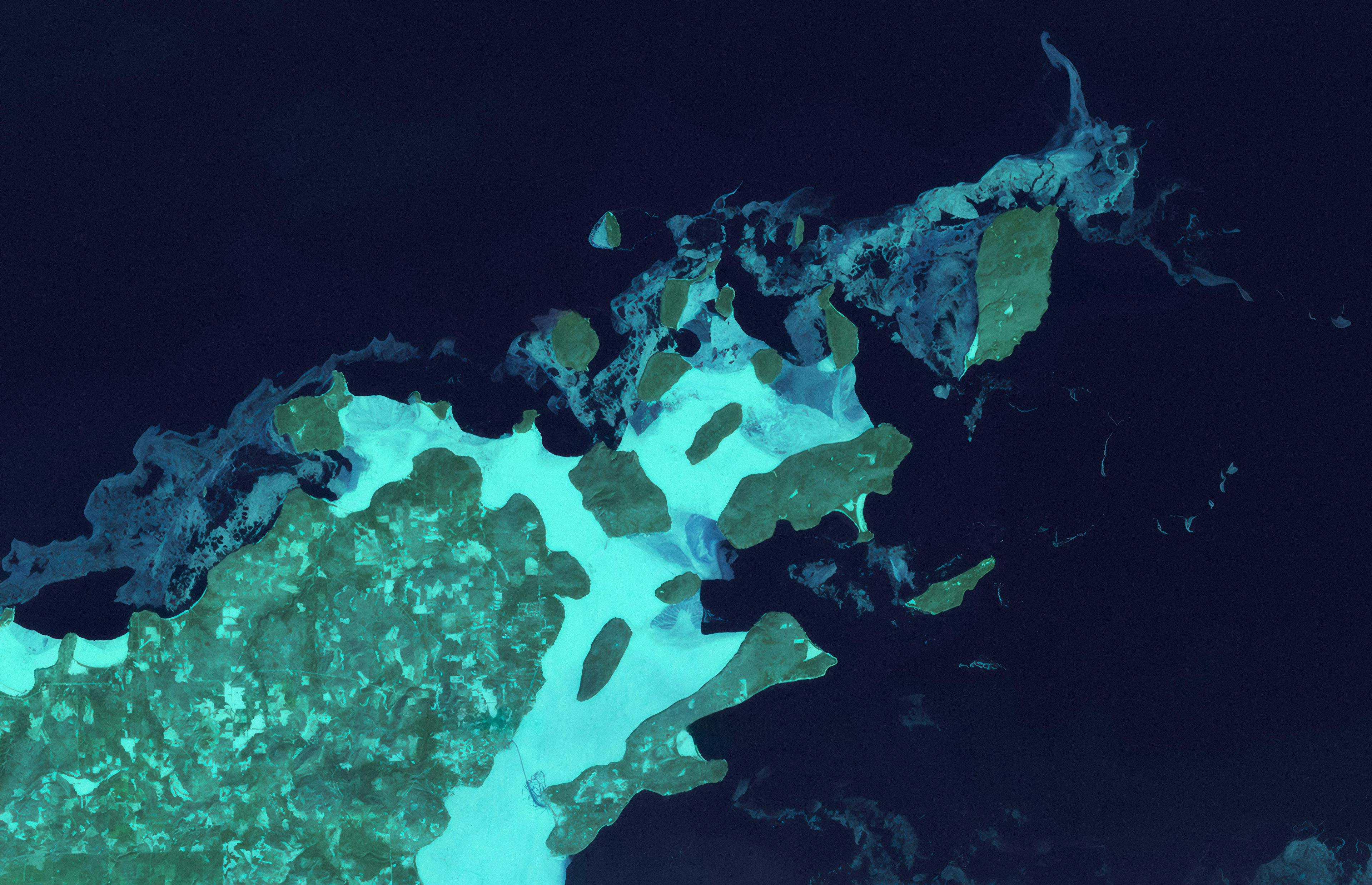
Navigating the challenges for copyright protection in the era of Generative Artificial Intelligence

The rapid advancement of generative artificial intelligence (GenAI) has opened new frontiers in the intersection of technology and law. As GenAI models achieve unprecedented capabilities to generate creative works, understanding the associated rights and legal standings of these digital assets becomes paramount. This article is the first in a series where we will explore the uncharted waters of GenAI in the creative industries. Focused primarily on copyright protection, upcoming articles will delve deeper into the intricacies of copyright infringement, the proprietary rights concerning training datasets, and the legal status of GenAI models, proposing solutions to address these challenges.
As of now, the law has not been able to keep up with these recent developments, generating a series of frictions in many sectors of society. One prominent example is the creative industry, where GenAI technologies are revolutionizing content creation processes.
Contemporary GenAI models such as DALL-E 2, ChatGPT, Stable Diffusion, Midjourney, Gemini, and Sora have been trained on large amounts of existing works, including writings, photos, paintings, and other forms of art. Consequently, they can produce sophisticated content like text, videos, music, and visually stunning images in response to simple text prompts, enabling AI-generated content with minimal human intervention.
This raises contentious questions about the ownership of outputs generated by these systems. Do AI-generated works qualify for copyright protection? And who is the author of an AI-generated work: the users of the GenAI model, the producers of the model, or the operators of the model? Or should the AI model itself be considered the author?
Firstly, it is necessary to establish under what conditions content generated by a GenAI model might be subject to copyright protection. Given that copyright law requires a degree of human authorship and originality, determining whether AI-generated content should qualify for copyright protection is not a trivial task.
Some argue that AI-generated works should be considered as human creativity products, thus potentially eligible for protection if they are sufficiently original. Others contend that AI-generated works lack the subjective creativity and originality inherent to human-authored works, thus not meeting copyright protection criteria as they do not qualify as works of ‘authorship.’
For example, the U.S. Copyright Act stipulates that ‘original works of authorship’ are granted copyright protection if they are original and reflect the creative expression of a human author. A recent decision by the U.S. Copyright Office concluded that content generated through Midjourney did not qualify for copyright protection due to insufficient human intervention. In fact, it was determined that Midjourney’s users did not creatively direct the platform to achieve a desired output but used it to generate content in an unpredictable manner. Although the Copyright Office acknowledged that the human aspects of AI-generated works, such as the prompt instructions, are eligible for copyright protection, the resulting outputs are not.
Distinguishing between computer-generated and computer-assisted content is crucial in assessing the eligibility of AI-generated content for copyright protection. Computer-assisted works involve human input and guidance throughout the creative process, using AI technologies as tools to augment or support human creativity. Historical examples include debates over the copyright eligibility of photographs created by cameras. More recent examples involve using AI software for photo editing, music composition, or writing assistance, where human creators are considered authors and hold copyright over the final work. Conversely, computer-generated works refer to content produced by AI algorithms with little to no human intervention in the creative process, except during the prompting phase. In such cases, the recognition of the output as a ‘work of authorship’ under copyright law is quite doubtful because the GenAI model is to be regarded as the sole ‘author’ of the work..
To date, judicial proceedings have generally refrained from granting copyright to non-human actors. Both European and U.S. laws stipulate that AI-generated works cannot be eligible for copyright protection since AI cannot be recognized as an ‘author’. The United Kingdom is an exception, recognizing a limited degree of copyright protection for ‘computer-generated works’ within its domestic law.
An alternative approach has been proposed in France through a bill dated September 12, 2023, aimed at reforming French copyright law to better regulate artificial intelligence. The proposed bill envisions a new category of ‘AI-generated works’ whose copyright can be attributed to the authors whose works were necessary to produce the AI-generated output. This approach addresses the complex ownership issues that arise with AI-generated content, suggesting that rights holders rely on collecting societies to manage their rights and distribute royalties.
As GenAI evolves, new multifaceted legal questions and challenges arise, which demand for new legal frameworks that reflect the novel nature and capabilities of GenAI. The upcoming articles will delve deeper into the intricacies of copyright infringement, the proprietary rights concerning training data datasets, and the legal status of GenAI models. Finally, we will propose possible solutions to address these legal complexities.
7 — Intellectual Property in ChatGPT, European Commission, 20 February 2023, available at: https://intellectual-property-helpdesk.ec.europa.eu/news-events/news/intellectual-property-chatgpt-2023-02-20_en (accessed on 03.26.2024)
8 — See Naruto, a Crested Macaque, by and through his Next Friends, People for the Ethical Treatment of Animals, Inc. v. David John Slater; Blurb, Inc., a Delaware corporation; Wildlife Personalities, LTD., a United Kingdom private limited company, №16–15469, United States Court of Appeal for the Ninth Circuit, filed 23 April 2018, available at https://cdn.ca9.uscourts.gov/datastore/opinions/2018/04/23/16-15469.pdf (accessed on 03.25.2024)
9 — Proposition de loi n°1630, Assemblée Nationale Française , 12 september 2023, available at: https://www.assemblee-nationale.fr/dyn/16/textes/l16b1630_proposition-loi# (accessed on 03.28.2024)



